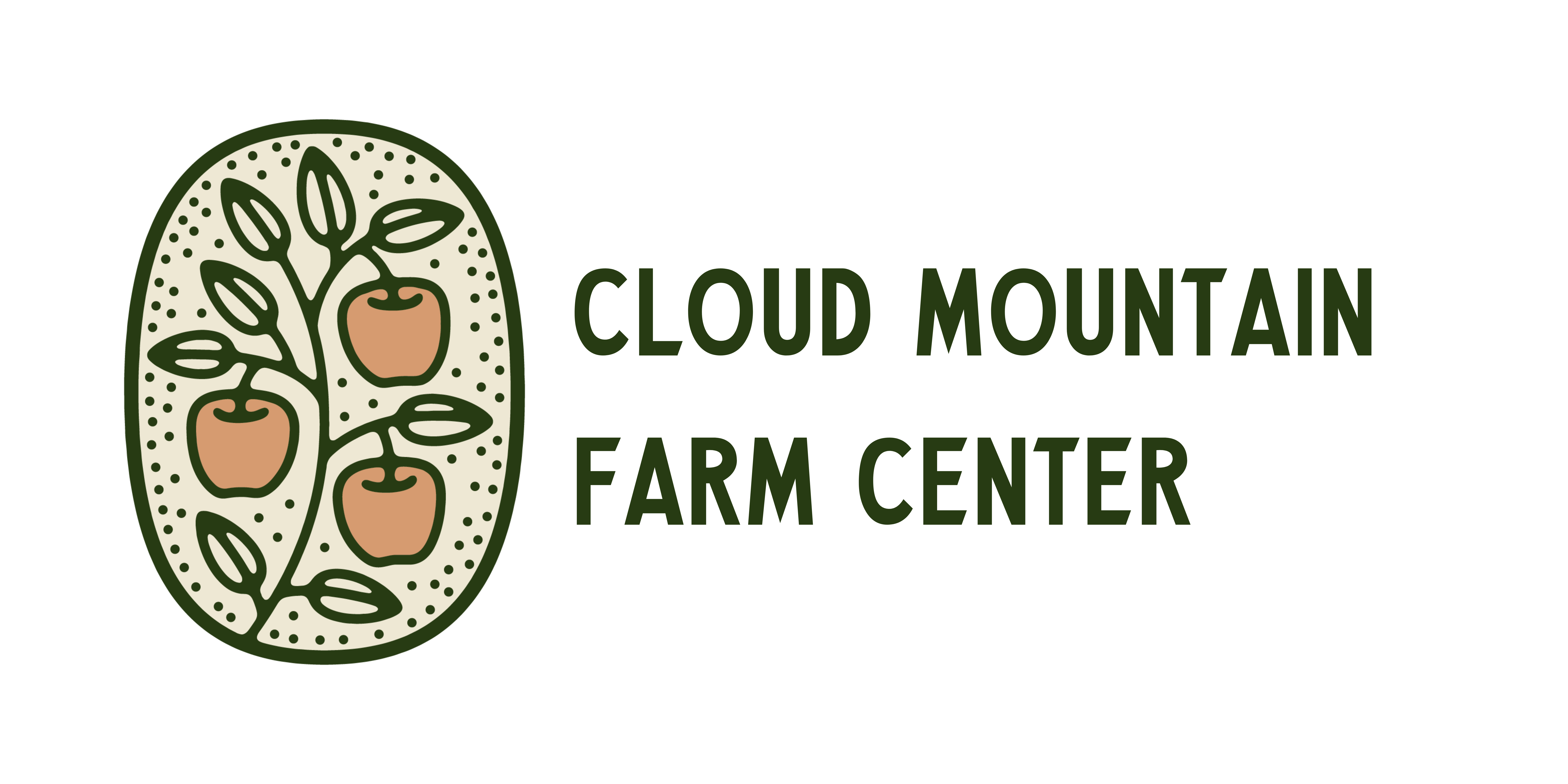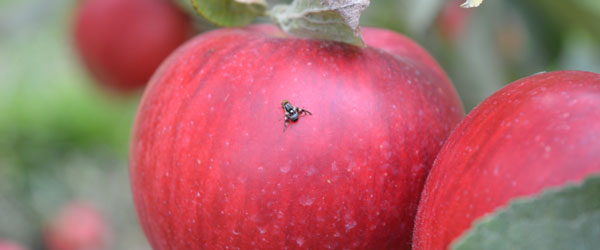
Apple Maggot Update
We’ve had several customers call after noticing that their apples (or pears) have apple maggot in them this year. The most asked question is, “What can I do now to prevent this from happening next year?” We’ve posted in the past how to time sprays for apple maggot. Unfortunately, if you’re using organic controls, it only […]
European Pear Harvesting
We’ve posted before about timing harvest of pears and apples, how to tell when they are ripe, when to pick, and how to store. As summer ends and fall begins, we are ramping up the harvest of pears and apples at Cloud Mountain. Every year, we are asked how to tell if pears are ready […]
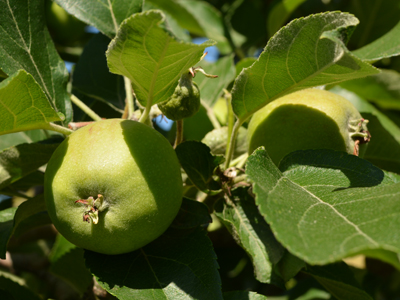
Thinning Season
We’ve posted on this topic before, but it is worth saying again how important it is to thin the fruit on your fruit trees. Typically, most trees set much more fruit each spring than they have the energy to ripen. By thinning the fruit while it is small, you direct the tree’s energy into the […]
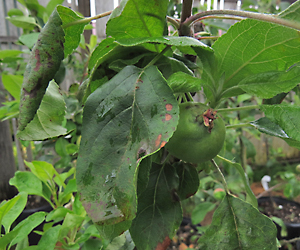
Results of a Cold, Wet Spring
Many fruit trees are starting to show the signs of a cold, wet spring. Our first indication of the weather showed up on peach trees, in the form of peach leaf curl. Established trees of leaf curl resistant varieties like Frost, Avalon Pride, and Betty showed much more leaf curl than normal this spring. Non-resistant […]
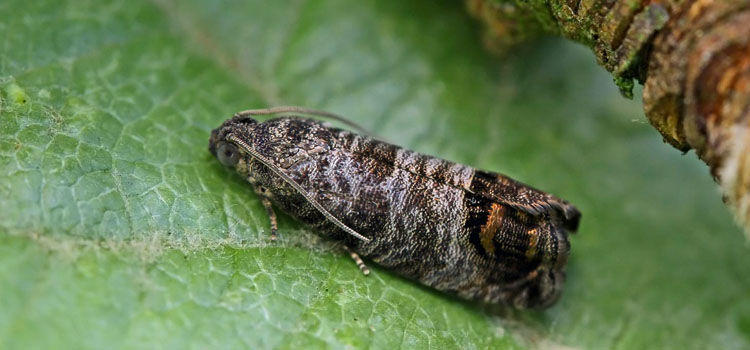
Codling Moth Tracking Tool
It’s time to track heat units so you can control codling moth and apple maggot in your orchards. If you haven’t set up this tool for yourself at home, I’ll walk you through the steps. The past two summers have been hard ones for the home orchardist. Both codling moth and apple maggot pressures were […]
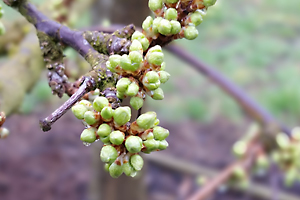
Timing Delayed Dormant Sprays
Fruit trees are interesting plants to grow. Humans have been selecting for better fruit for centuries, and in the process, some of the natural resistance to pests and diseases have been lost. A further challenge is our mild rainy climate, which is perfect for fungal and bacterial diseases that affect fruit trees. Customers often ask […]
